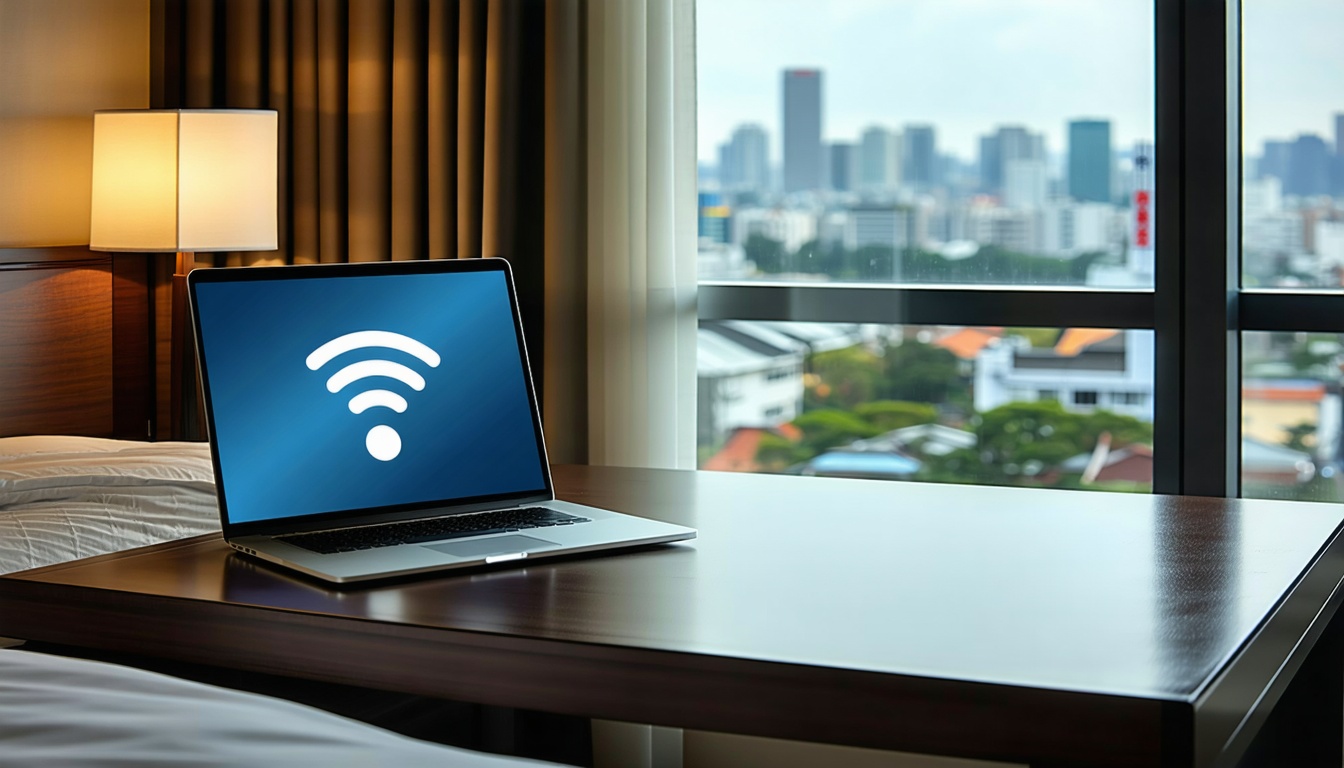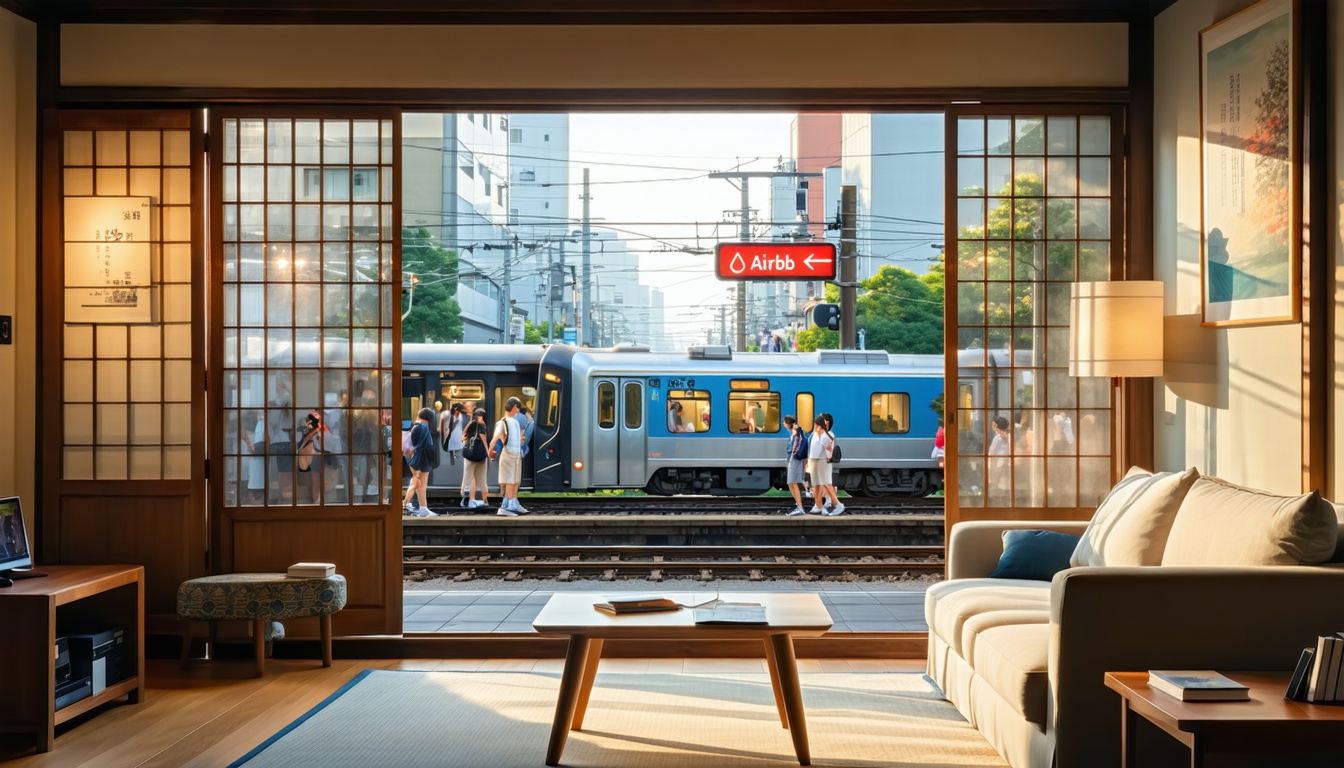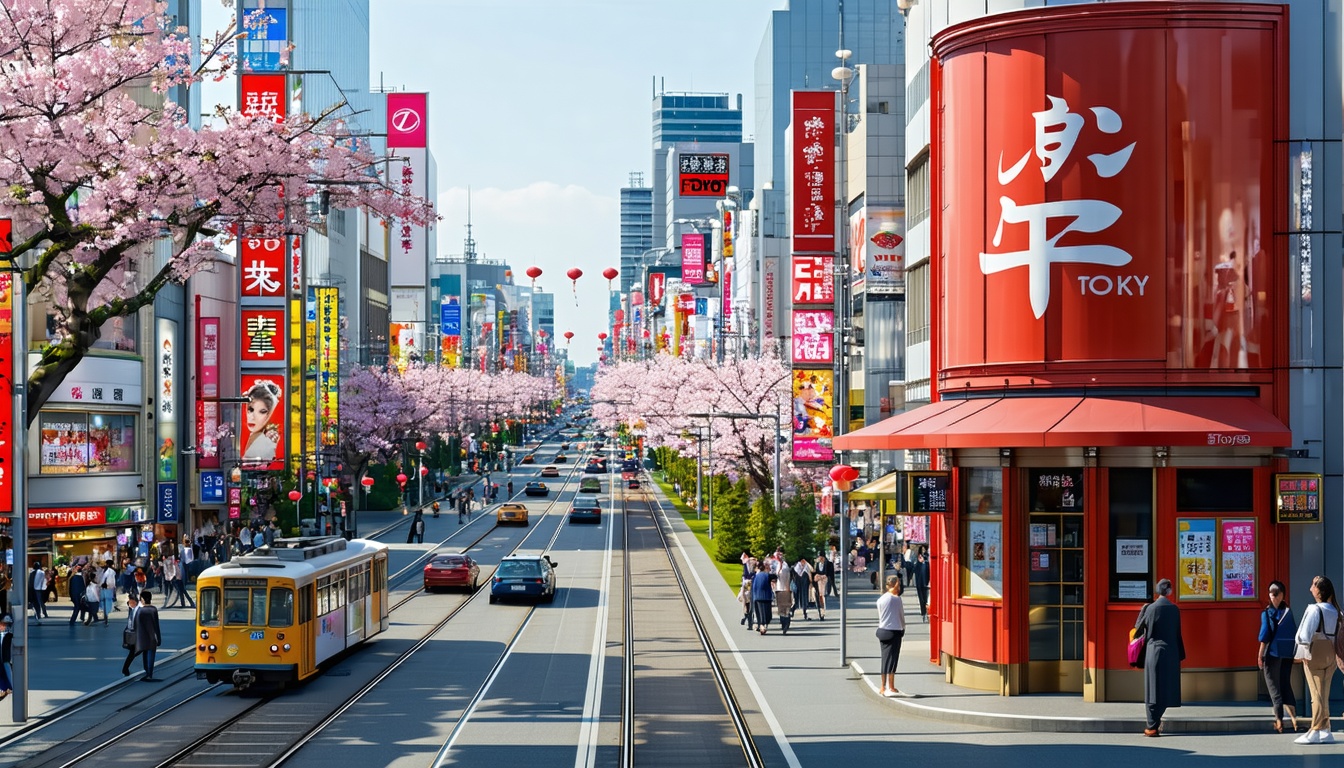Tokyo Hotel Wifi Internet: Stay Connected While Exploring

Picture this: You’ve just landed in Tokyo, ready to share your first sushi snap. When you try to upload, the hotel Wi-Fi moves at a snail pace. Frustrating, right?
One of the top things you’ll want is reliable tokyo hotel wifi internet to post photos, navigate digital maps, or stream your favorite tunes after a long day. In this ultimate guide, we’ll walk you through every internet access option in Tokyo hotels so you can pick what fits your budget and needs. By the end, you’ll know how to stay online seamlessly while exploring the city.
Importance of reliable Wi-Fi
Having solid Wi-Fi in your hotel room can make or break your Tokyo trip. You’ll need it to check train schedules on Hyperdia, research local restaurants, or catch up on messages from home.
If you work on the go, a stable connection lets you join video calls without glitchy audio. Even for leisure travelers, fast internet means less time buffering and more time enjoying digital guidebooks, streaming podcasts, or posting Insta stories.
In Tokyo alone, 1209 hotels offer high-speed internet Wi-Fi and cable connections (TravelAsk). That sounds like plenty, but speeds and reliability can vary widely. Let’s dive into your options so you can stay connected without headaches.
Compare access options
You’ve got several ways to get online in Tokyo hotels. Each comes with its own perks and quirks.
Option Pros Cons
Hotel Wi-Fi Free in most rooms, no extra devices Speed varies, peak hours may slow you down
Wired LAN Stable, often faster than wireless Requires adapter, not all hotels offer it
Pocket Wi-Fi router Works anywhere there’s cell coverage, multi-device Rental fees, need to carry the device
SIM card / eSIM Uses your own phone, compact Data-only plans, no Japanese phone number
Smartphone rental Unlimited data, tethering Rental cost, device pickup/return logistics
Public Wi-Fi hotspots Free in cafes or stations Security risks, limited coverage
Choosing the right option depends on where you stay, how many devices you have, and how much data you’ll burn each day.
Choose pocket Wi-Fi
Pocket Wi-Fi routers in Japan are small, battery-powered devices that create a local wireless network using the cellular network. They’re easy to set up, work wherever cell service reaches, and let multiple devices connect at once.
-
Rental locations include major airports or online delivery to your hotel
-
Daily rates typically run between 500–800 yen per day (Japan Guide)
-
Ideal for group travelers or anyone juggling a phone, tablet, and laptop
-
You’ll need to keep it charged, so pack a spare USB cable
Renting at the airport means less planning, but booking online in advance can score you a discount or free pick-up at your hotel lobby. Always check battery life and device return instructions before you leave.
Select SIM or eSIM
If you prefer using your own phone, a prepaid SIM card or eSIM plan is a solid pick. Japan offers data-only options that plug right into your unlocked device.
-
SIM cards and eSIMs vary by data limit (e.g., 3 GB or unlimited) or time period (one week to one month)
-
Available at airports, electronic stores, or via online delivery (Japan Guide)
-
No Japanese phone number, so calls and texts go through apps like WhatsApp or Line
-
Make sure your phone is unlocked before you travel
eSIMs have the edge in convenience since there’s no need to swap physical cards. Just scan a QR code, install the profile, and you’re online.
Evaluate in-room connections
Most modern Tokyo hotels include complimentary wireless networks in guest rooms, sometimes paired with wired LAN jacks for a more stable link. Traditional ryokan inns may offer Wi-Fi in common areas or a public PC in the lobby instead of room access (Japan Guide, ryokan traditional inns tokyo).
Tips for in-room Wi-Fi success:
-
Ask the front desk for login credentials or a network guide
-
Position yourself near the room’s router or wireless access point
-
Keep windows closed if you’re on a high floor to reduce interference
-
If you need a LAN cable, bring a USB-to-Ethernet adapter or borrow one from the hotel
A quick chat with staff can clear up any confusion and get you connected faster.
Rent a smartphone
Phone rental services at major airports and online let you pick up an Android or iPhone loaded with unlimited data. These devices double as personal hotspots, simplifying your setup.
-
Daily rental fees range from 1,000–1,500 yen, often with free Wi-Fi tethering (Japan Travel)
-
No SIM swapping or eSIM profiles needed
-
Perfect for travelers who don’t want to risk their own phone or juggle multiple gadgets
-
Return at airport kiosks or arrange pickup/drop-off at select hotels
Just power it on, connect, and keep exploring without digging through settings.
Secure your data
Public and hotel networks carry security risks, so take a few steps to keep your info safe.
-
Use a VPN app to encrypt traffic, especially on public Wi-Fi
-
Stick to HTTPS websites and avoid sending sensitive info over unsecured networks
-
Keep your device’s OS and apps updated to patch vulnerabilities
-
Disable auto-connect to open hotspots after use
A little prep goes a long way in preventing account logins or private messages from getting exposed.
Boost signal strength
Need better coverage in your room? Try these quick fixes:
-
Move furniture a few feet to avoid blocking the router’s antenna
-
Switch between 2.4 GHz and 5 GHz bands if your device supports it
-
Restart your laptop or phone to clear network caches
-
Ask the front desk if they can reboot the hotel’s Wi-Fi access point near your floor
These small tweaks often lead to smoother streaming and faster downloads.
Factor in hotel categories
Your choice of lodging affects internet quality and price. Here’s a quick look:
Accommodation type Wi-Fi availability Speed and reliability
Budget hostels Free in common areas, limited in rooms Moderate, shared bandwidth
Capsule hotels Free in rooms and lobbies Moderate, suited for basic surfing
Business hotels Free wired and wireless in rooms High-speed, stable
Luxury hotels Free premium Wi-Fi, often over 50 Mbps High-speed, multiple device support
If you’re watching your wallet, check our budget hostels tokyo stations or dive into a capsule hotels tokyo experience. For a midrange pick, business hotels near major stations often balance price and performance (business hotels tokyo stations). And if you’ve come to splurge, you’ll find top-tier internet in most luxury hotels tokyo stations.
Book smart for value
Scoring the best rate starts before you land. Use these tips to save time and money:
-
Compare rates on hotel booking websites japan and the hotel’s direct site
-
Look for early-bird deals or non-refundable discounts via tokyo hotel price comparison
-
Read reviews about Wi-Fi performance on tokyo accommodation reviews
-
Join loyalty programs for free upgrades or Wi-Fi speed boosts
-
Travel in shoulder seasons (May, June, late September) to snag lower rates
Planning ahead means you’ll avoid last-minute scrambles and surprise fees.
Frequently asked questions
How fast is Tokyo hotel Wi-Fi typically?
Most business and luxury hotels offer speeds between 20–100 Mbps. Budget stays may cap at 10–30 Mbps during peak hours.
Can I use hotel LAN jacks with my laptop?
Yes, but you’ll likely need a USB-to-Ethernet adapter. Ask the front desk if they can lend you one.
Is pocket Wi-Fi better than an eSIM?
Pocket Wi-Fi supports multiple devices and works anywhere cell service reaches. eSIMs are more compact and let you use your own phone.
Do I need a Japanese credit card to rent Wi-Fi?
Some local providers require a Japanese credit card or address, but airport kiosks and online preorders usually accept international cards.
What’s the best way to save data on my trip?
Use hotel Wi-Fi whenever possible, download offline maps, and limit streaming to Wi-Fi connections only.


